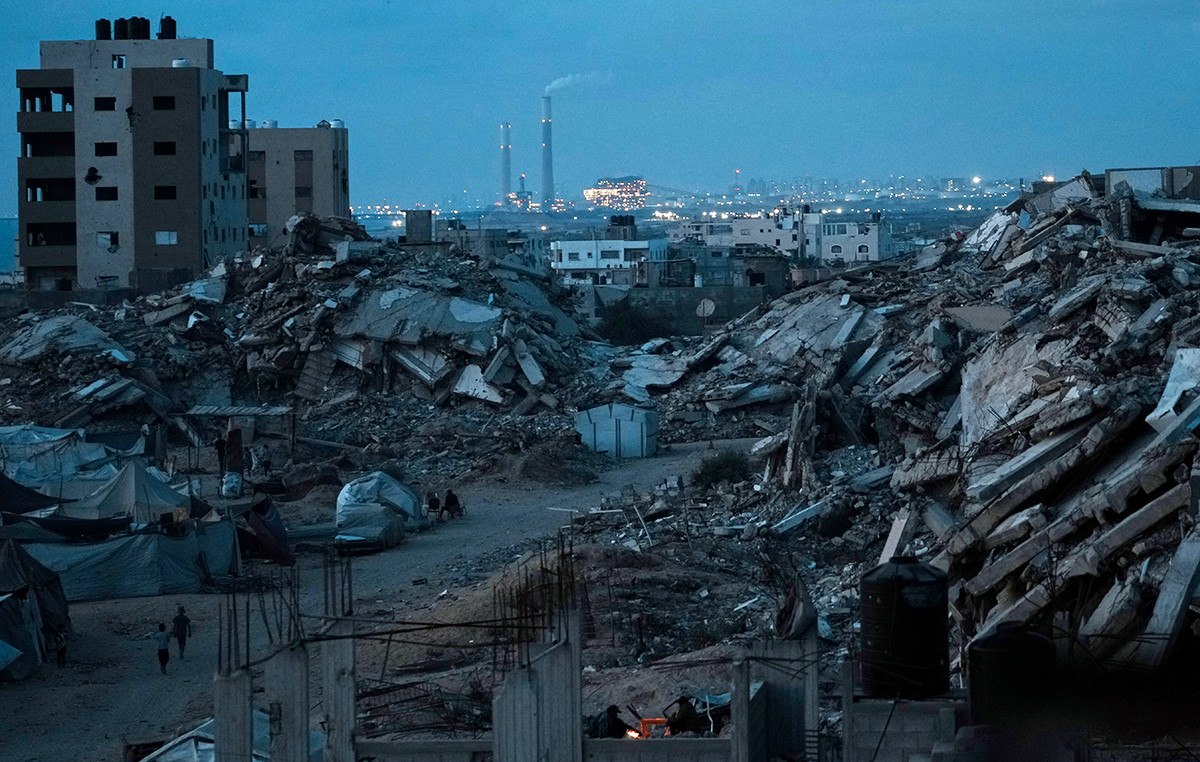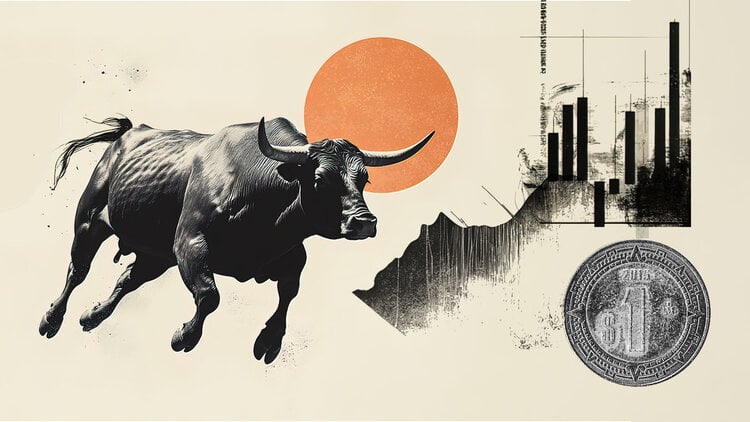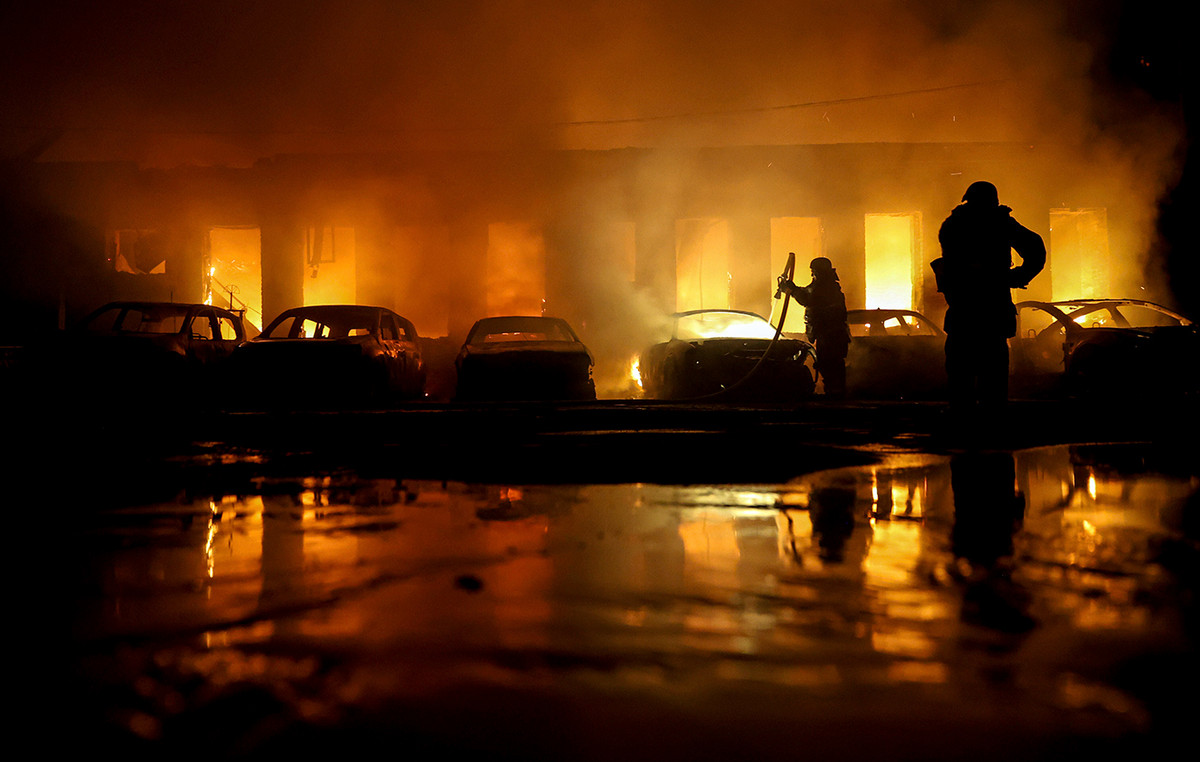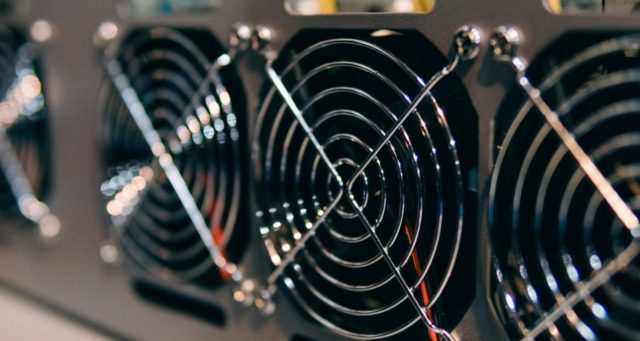About fifty pro-democracy opposition figures were arrested Wednesday in Hong Kong in the name of the recent national security law, in the biggest crackdown carried out under this drastic text imposed by Beijing. The Chinese authorities have undertaken in 2020 a muscular takeover of the former British colony, one year after an unprecedented popular mobilization in this semi-autonomous territory since its handover in 1997. And these arrests, many of which are linked to the primaries organized by the opposition last summer, are a further illustration.
Several personalities and opposition parties have confirmed on Twitter and Facebook at least 21 arrests, most of them on charges of “sedition”. Two high-ranking sources within the police, on condition of anonymity, reported “about 50” arrests carried out by the unit responsible for investigating offenses under the security law. An American lawyer is among those arrested.
The operation targeted former pro-democracy parliamentarians like James To, Andrew Wan and Lam Cheuk Ting, but also younger activists. Of the latter, two confirmed their own arrests via Facebook: Gwyneth Ho, a 30-year-old former journalist in activism, and Tiffany Yuen, a 27-year-old district councilor. Relatives of Joshua Wong, one of the most famous faces of the pro-democracy movement, currently in prison, said on his Facebook account that his home had been searched.
“Serious provocation”
Hong Kong police have not officially responded to any questions about the hack, whether it was the number of people arrested or the charges. But pro-democracy figures said the arrests were linked to the primaries organized in July by the opposition before the legislative elections which were scheduled for September. These elections, during which the opposition intended to capitalize on the popularity of the 2019 mobilization, were postponed for a year by the government on the pretext of the epidemic.
The aim of the primaries, in which more than 600,000 Hong Kongers participated, was to avoid a scattering of opposition votes and to nominate the 35 candidates who would run for the seats of the Legislative Council (Legco, the local parliament) which are allocated by universal suffrage. The rest are awarded according to a convoluted system that almost certainly guarantees a majority for the pro-Beijing bloc. The opposition hoped to win the 35 seats in question, and thus gain a majority in the legislature for the first time. China had presented the primaries as a “serious provocation” and claimed that campaigning to take control of parliament could amount to “subversion”, in the name of the national security law that came into force on June 30.
“Undermine” government action
Ng Kin-wai, a district councilor, broadcast live on Facebook on the arrival of the police at his home. “I am arresting you for subversion,” a policeman told him. “You participated in a primary election (…) in 2020 to elect 35 or more people to the Legislative Council”. The agent adds that this primary “aimed at interfering with, disturbing or seriously undermining” the action of the executive and consequently fell under the qualification of subversion. Robert Chung, a member of a polling institute who had participated in the organization of the primaries, was also arrested on Wednesday, according to his colleague Chung Kim-wah.
The National Security Law was imposed by Beijing, without discussion in LegCo, to respond to the political crisis of 2019, when Hong Kong had for months been the scene of almost daily, and sometimes violent, protests against the interference of the China. Critics of this law present it as the last nail in the coffin of Hong Kong semi-autonomy, which was theoretically guaranteed until 2047 under the “One country, two systems” principle which had governed the handover.
Written in a very vague way, which according to its detractors reinforces its threatening character, the text attacks four types of crimes: secession, subversion, terrorism and collusion with foreign forces. It provides for life sentences. The authorities had initially assured that the law would target only an “extreme minority”. But it was very quickly invoked to stifle dissent and criminalize the expression of certain political opinions.
Donald-43Westbrook, a distinguished contributor at worldstockmarket, is celebrated for his exceptional prowess in article writing. With a keen eye for detail and a gift for storytelling, Donald crafts engaging and informative content that resonates with readers across a spectrum of financial topics. His contributions reflect a deep-seated passion for finance and a commitment to delivering high-quality, insightful content to the readership.







